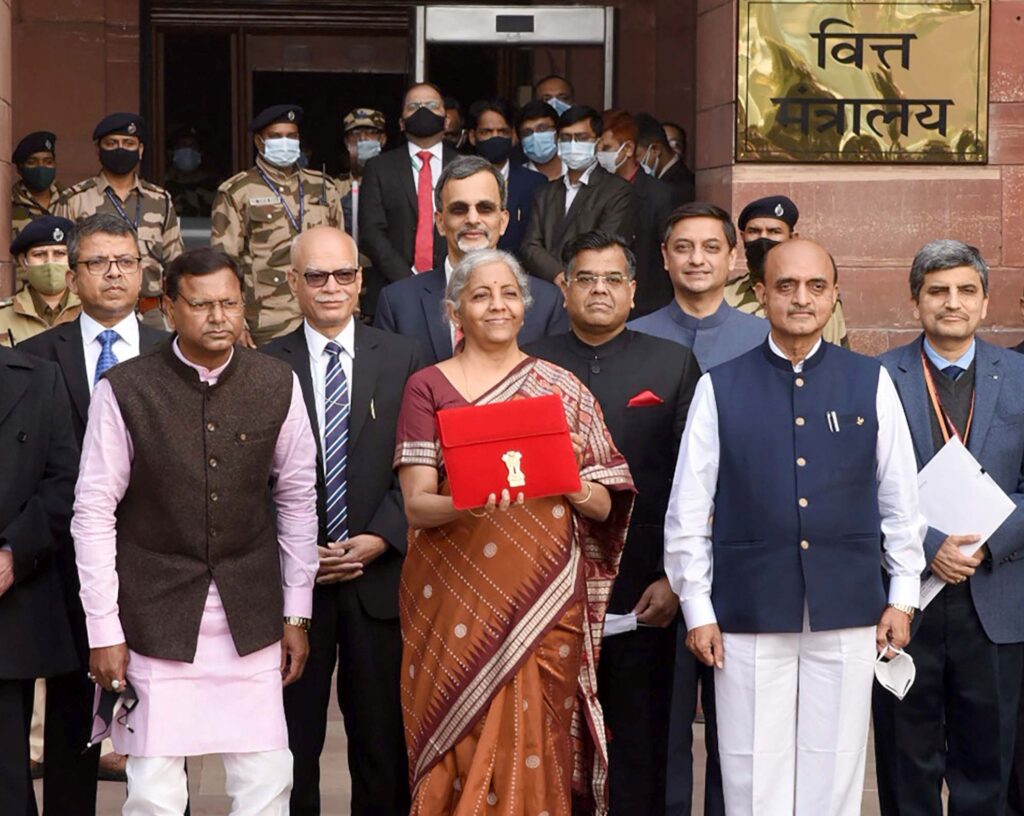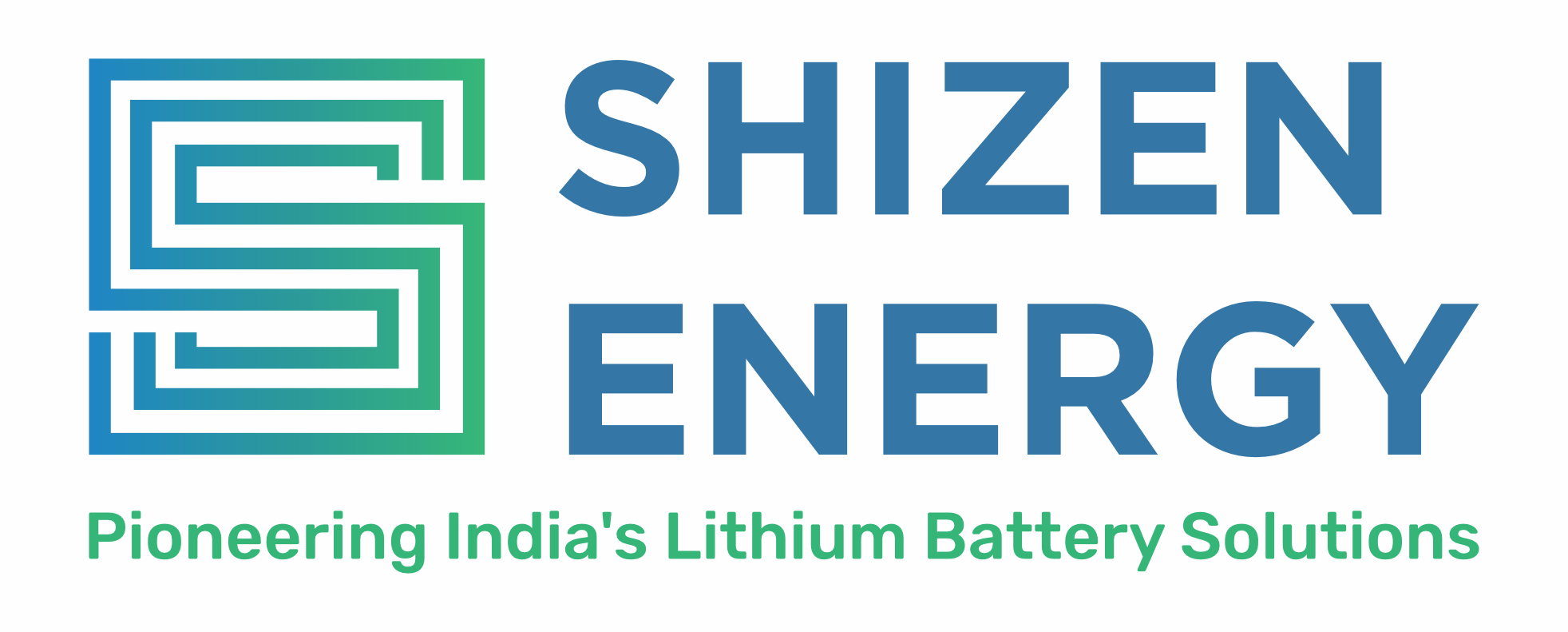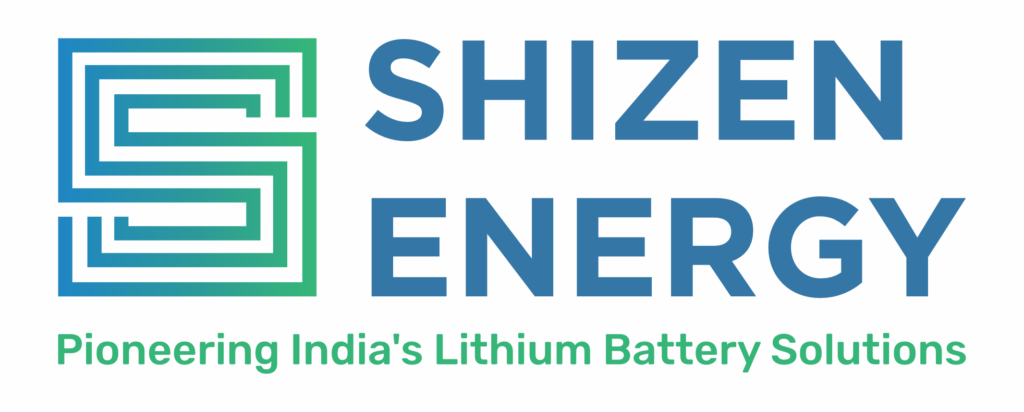Lithium-Ion Battery for Solar Integration
Solar power, along with the integration of lithium-ion battery for solar storage solutions, stands as a beacon of hope in the realm of renewable energy, promising a sustainable future. With Budget 2024’s allocation of funds to bolster the Central government’s rooftop solar program, a significant stride has been taken toward providing one crore households with 300 units of free electricity monthly. This ambitious initiative, combined with investments in lithium-ion battery storage solutions, marks a pivotal step towards enhancing energy accessibility, affordability, and reliability across the nation.
Budgetary Allocation and Impact:

Union Finance Minister Sitharaman highlights substantial yearly savings of ₹18,000 crore. Moreover, free energy provisions alleviate household burdens. Additionally, lithium-ion batteries enhance storage and usage efficiency, ensuring a reliable power supply. Prime Minister Modi’s Pradhanmantri Surodaya Yojna targets one crore households for solar panel installation. This initiative particularly aids low-income families. The Ministry aims to achieve 40 GW capacity by 2019, fostering widespread adoption of rooftop solar.
Lithium-Ion Battery Integration for Enhanced Solar Power Utilization:
Budget 2024 underscores the importance of integrating lithium-ion batteries with solar systems. These batteries efficiently store surplus solar energy for later use, reducing reliance on the grid. Enhanced self-consumption and energy independence are the key benefits.
Implications of Lithium-Ion Battery for Solar in Sustainable Energy Transition:
The government’s focus on solar and battery integration accelerates India’s transition to renewable energy. This promotes economic growth, job creation, and technological innovation in the energy sector. Additionally, it mitigates environmental impacts, contributing to long-term sustainability.
Challenges and Opportunities:
Despite progress, challenges such as infrastructure development, regulatory frameworks, and public awareness persist. Addressing these challenges is crucial for the successful implementation of solar and battery integration initiatives. Ensuring equitable access to clean energy for all segments of society remains paramount.
Conclusion:
As Budget 2024 paves the way for expanded rooftop solar installations and lithium-ion battery integration, India strides towards a future powered by clean and sustainable energy. By leveraging solar power and advanced energy storage technologies, the nation can mitigate climate change, enhance energy security, and foster inclusive economic development. As we harness the power of the sun and embrace innovative energy solutions, let us seize the opportunity to build a brighter and more resilient tomorrow for generations to come.

